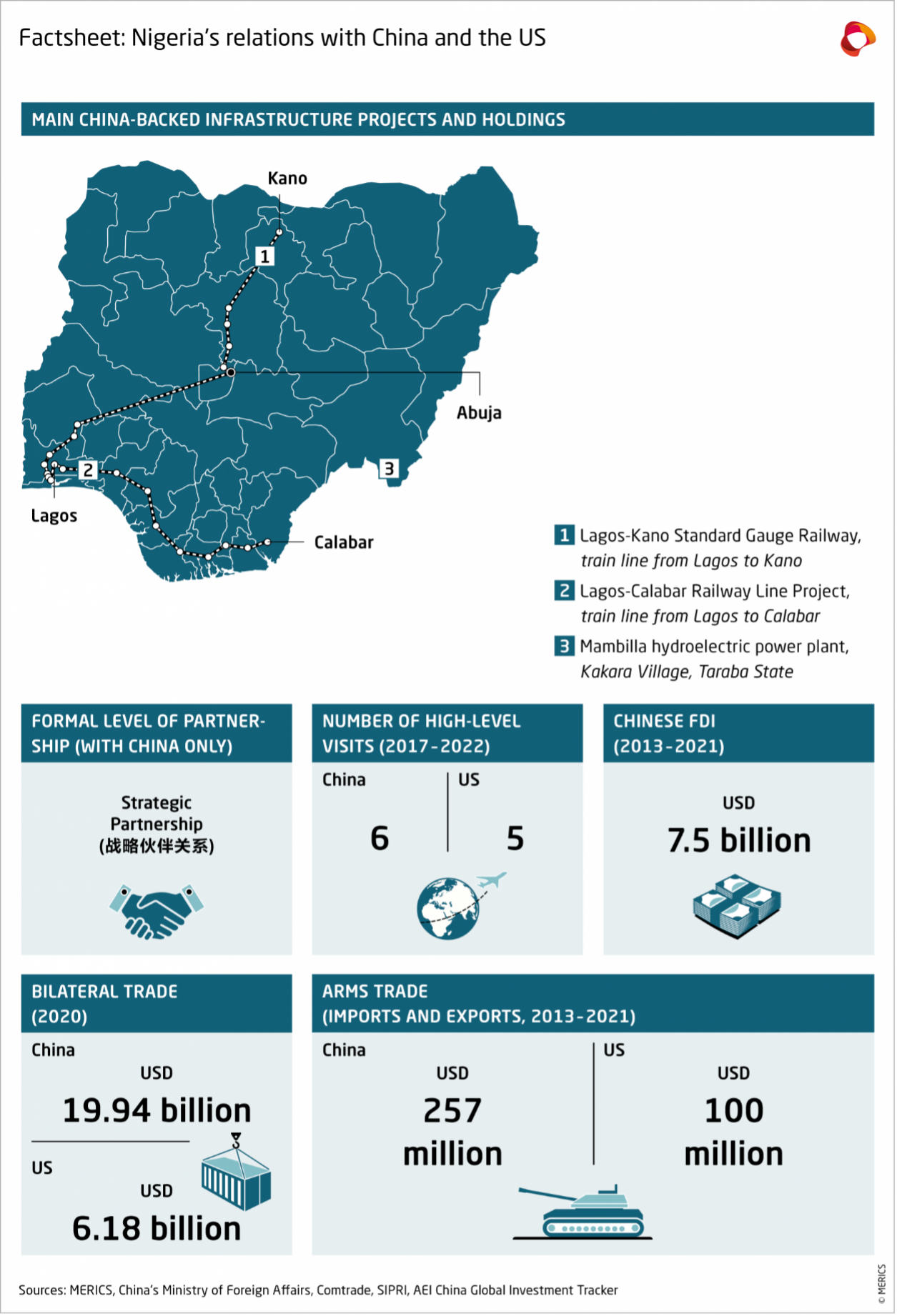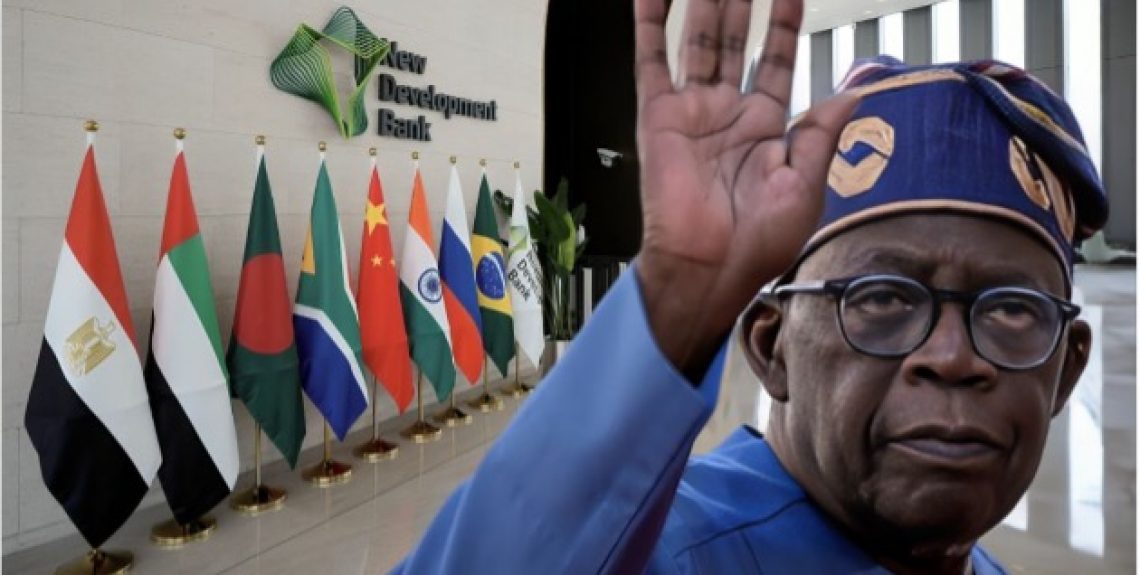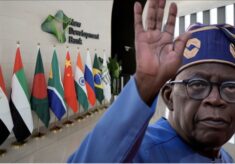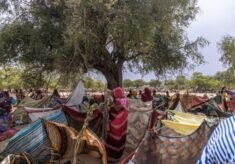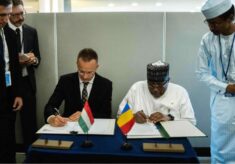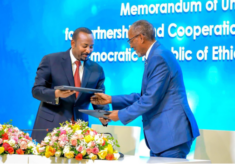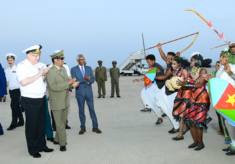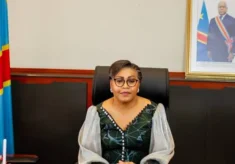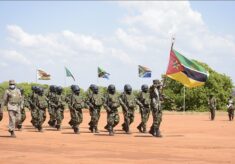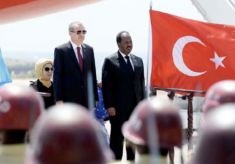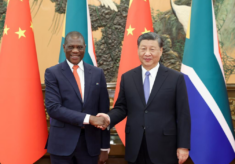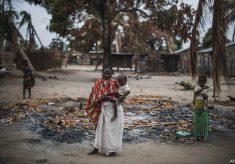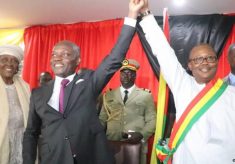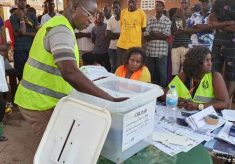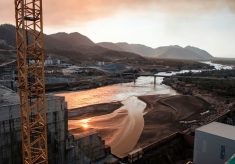Nigeria, Africa’s largest economy and most populous nation, has officially become the ninth partner of BRICS, joining Belarus, Bolivia, Cuba, Kazakhstan, Malaysia, Uzbekistan and Uganda. Nigeria’s admission under Brazil’s presidency aims to reinforce South-South cooperation and accelerate global governance reform.
Established in 2009, the BRICS alliance seeks to counterbalance the G7 offer an alternative to the US dollar dominance.
Several BRICS nations already play a significant role in Nigeria’s economic and infrastructural development. As a key partner, China has heavily invested in Nigeria through the Belt and Road Initiative. Major projects include the Lagos-Ibadan Railway (completed in 2021) and the Lekki Deep Seaport.
